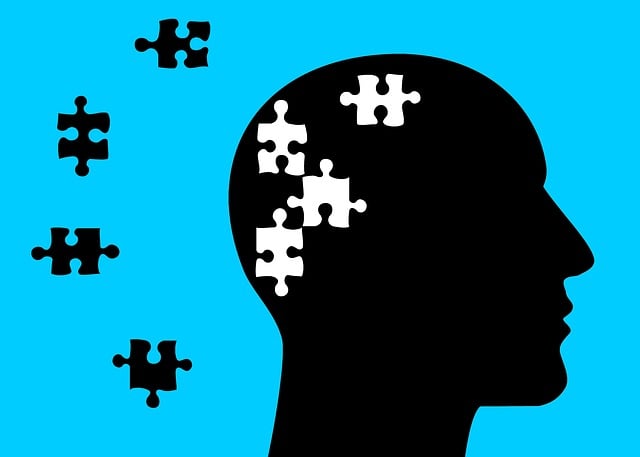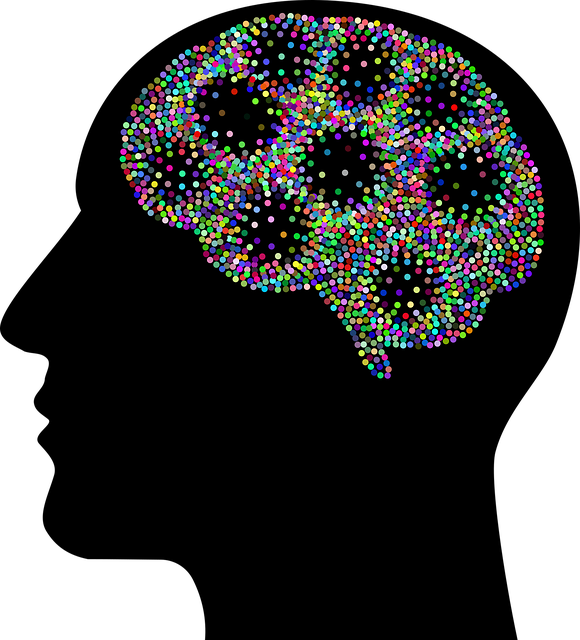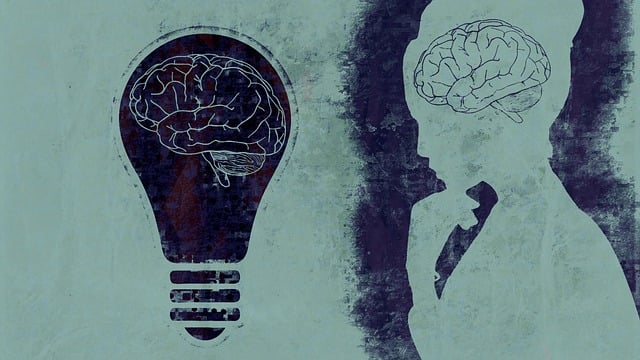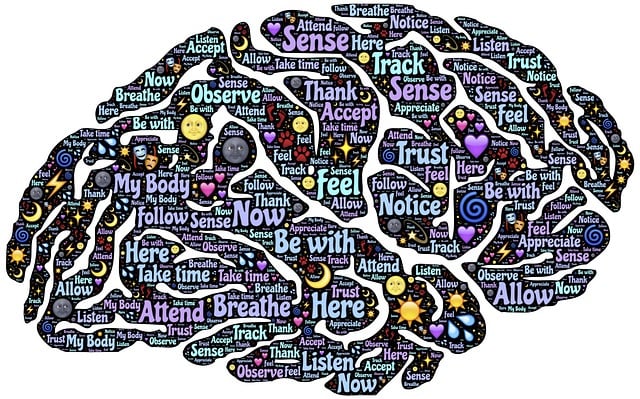Aurora Terminal Illness Therapy offers a multifaceted, holistic approach to mental health care for individuals facing terminal illnesses. Using evidence-based methods and cultural sensitivity, they conduct thorough assessments beyond surface symptoms. Their personalized treatment plans integrate CBT, mindfulness meditation, psychoeducation, and stress management workshops to empower clients with tools for emotional healing and symptom management. By connecting patients with supportive communities and fostering resilience, Aurora Terminal Illness Therapy revolutionizes mental healthcare, making it accessible and effective for diverse populations facing unique challenges.
Mental illness diagnosis and treatment navigation can be a complex, intimidating journey. This comprehensive guide aims to demystify the process, from understanding mental health assessments to exploring personalized care plans. We delve into the crucial role of professional evaluation and highlight effective therapeutic interventions, including innovative techniques in Aurora Terminal Illness Therapy. Additionally, we explore support systems and resources vital for continuous recovery.
- Understanding Mental Illness Diagnoses: Unraveling the Process
- The Role of Professional Assessment and Evaluation
- Navigating Treatment Options: Personalized Care Plans
- Therapeutic Interventions: Effective Aurora Terminal Illness Therapy Techniques
- Support Systems and Resources for Continuous Recovery
Understanding Mental Illness Diagnoses: Unraveling the Process

Mental illness diagnoses are complex processes that require careful evaluation and expertise. It often involves a comprehensive assessment where healthcare professionals thoroughly examine an individual’s symptoms, medical history, and overall well-being. This journey towards understanding begins with patients seeking help, followed by thorough evaluations conducted by psychiatrists, psychologists, or other qualified mental health experts. These professionals use standardized tools and criteria from reputable diagnostic manuals like the DSM-5 (Diagnostic and Statistical Manual of Mental Disorders) to identify specific disorders.
The process includes various methods such as interviews, surveys, and psychological tests tailored to the suspected conditions. For instance, Aurora Terminal Illness Therapy might employ emotional healing processes and conflict resolution techniques during therapy sessions to address underlying issues. Additionally, mental health education programs designed for patients and their families can empower them with knowledge about their condition, treatment options, and strategies for managing symptoms.
The Role of Professional Assessment and Evaluation

Professional assessment plays a pivotal role in navigating the complex landscape of mental illness diagnosis and treatment. At Aurora Terminal Illness Therapy, our team of experts is dedicated to providing comprehensive evaluations that go beyond surface-level symptoms. We employ evidence-based methodologies tailored to individual needs, factoring in cultural sensitivity in mental healthcare practice. This holistic approach ensures accurate diagnoses and personalized treatment plans that resonate with diverse populations.
Understanding the unique challenges faced by each client, we organize stress management workshops and incorporate mindfulness meditation as integral components of our therapy sessions. These strategies empower individuals to actively participate in their healing journey, fostering a sense of agency and resilience. By combining professional expertise with culturally sensitive practices, Aurora Terminal Illness Therapy aims to revolutionize mental healthcare, making it accessible and effective for all.
Navigating Treatment Options: Personalized Care Plans

Navigating treatment options is a pivotal step for individuals dealing with mental illness. Personalized care plans at Aurora Terminal Illness Therapy go beyond one-size-fits-all approaches, recognizing that every individual’s journey with mental health issues is unique. These tailored programs integrate various therapeutic modalities, leveraging evidence-based techniques alongside innovative practices to address the specific needs of each client. By focusing on burnout prevention and fostering emotional intelligence, our care plans promote holistic healing and improved mental health awareness.
At Aurora Terminal Illness Therapy, we believe that personalized treatment can significantly enhance outcomes. Our therapists work closely with clients to understand their unique challenges, aspirations, and preferences, designing care plans that are not just effective but also sustainable in the long term. By combining traditional therapy methods with modern techniques, we strive to empower individuals on their path to recovery, ensuring they receive the highest quality of care tailored specifically for them.
Therapeutic Interventions: Effective Aurora Terminal Illness Therapy Techniques

Aurora Terminal Illness Therapy offers a range of effective interventions designed to support individuals navigating mental health challenges. One key approach is cognitive-behavioral therapy (CBT), which helps patients identify and challenge negative thought patterns, thereby improving their emotional well-being. CBT also promotes self-esteem improvement by teaching practical coping strategies that empower individuals to manage symptoms more effectively.
Additionally, techniques such as mindfulness meditation and psychoeducation play crucial roles in Aurora Terminal Illness Therapy. Mindfulness practices enable patients to cultivate present-moment awareness, reducing anxiety and depression. Psychoeducation equips individuals with knowledge about their condition, fostering better understanding and self-compassion. Through these comprehensive therapeutic interventions, Aurora Terminal Illness Therapy aims to enhance mental health awareness, ultimately improving the quality of life for those affected by terminal illnesses.
Support Systems and Resources for Continuous Recovery

Navigating the path to recovery from mental illness can be daunting, but it doesn’t have to be a solitary journey. Support systems and resources play a pivotal role in fostering continuous healing. At Aurora Terminal Illness Therapy, we understand that accessing appropriate care is essential for managing symptoms and improving overall well-being. Our comprehensive approach involves not only individual therapy sessions but also connecting clients with community-based support groups, peer mentors, and family members who can offer encouragement and practical assistance throughout the recovery process.
These interconnected support networks are crucial in promoting resilience and coping strategies. By incorporating stress reduction methods and leveraging cultural sensitivity in mental healthcare practice, we ensure that each client receives culturally competent care tailored to their unique needs. Healthcare provider cultural competency training is a cornerstone of our practice, enabling us to address the specific challenges faced by individuals from diverse backgrounds. This inclusive approach enhances accessibility and effectiveness, ultimately supporting clients on their journey towards lasting recovery.
Mental illness diagnosis and treatment can be complex, but with the right navigation assistance, recovery is achievable. By understanding the process of mental illness evaluations and embracing personalized care plans, individuals can find effective therapeutic interventions like Aurora Terminal Illness Therapy. Supporting these efforts through access to resources and support systems ensures continuous recovery and improved quality of life. Remember that navigating mental health care is a journey, but with dedicated professionals and a robust support network, it’s a path to healing and well-being.














